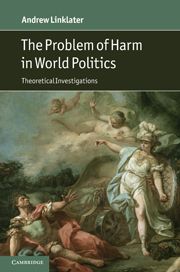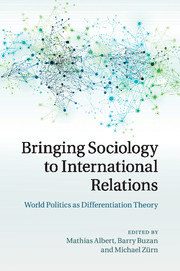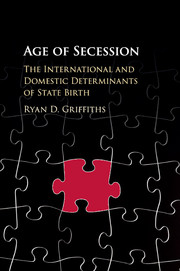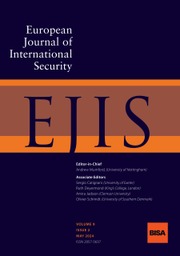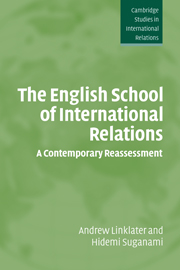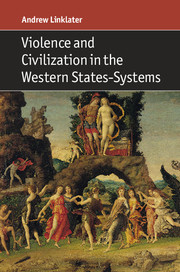The Problem of Harm in World Politics
The need to control violent and non-violent harm has been central to human existence since societies first emerged. This book analyzes the problem of harm in world politics which stems from the fact that societies require the power to harm in order to defend themselves from internal and external threats, but must also control the capacity to harm so that people cannot kill, injure, humiliate or exploit others as they please. Andrew Linklater analyzes writings in moral and legal philosophy that define and classify forms of harm, and discusses the ways in which different theories of international relations suggest the power to harm can be controlled so that societies can co-exist with the minimum of violent and non-violent harm. Linklater argues for new connections between the English School study of international society and Norbert Elias's analysis of civilizing process in order to advance the study of harm in world politics.
- A contribution to the development of the critical theory of international relations focusing on the problem of harm
- Places the study of violent and non-violent harm at the centre of social-scientific inquiry
- Integrates themes from moral and legal philosophy, sociology and social psychology, and international relations
Reviews & endorsements
"A seminal intervention, drawing together, and brilliantly refashioning, insights from Eliasian historical sociology and English School International Relations. The result not only advances these theories onto new terrain, but creates a novel research agenda that should refashion the disciplines of Sociology and IR in new and exciting ways."
John M. Hobson, University of Sheffield
"One of the most important contributions to the study of international relations in decades, Linklater’s book does not moralize or philosophize about the harm that states do to each other. Instead, in a spirit of factual research, Linklater, connecting the English School of international relations with Norbert Elias's theory of civilizing processes, shows how and why standards of conduct in international affairs have changed and are changing over time."
Stephen Mennell, University College Dublin
"There are few books that both change our field of vision and open up a new and far-reaching research agenda. This is one of them. Linklater here engages in a sustained reflection of the core theoretical issues surrounding the problem of harm in world politics."
Andrew Hurrell, Ethics and International Affairs
Product details
March 2011Hardback
9781107004436
320 pages
234 × 158 × 18 mm
0.62kg
Available
Table of Contents
- Introduction
- 1. The concept of harm
- 2. The harm principle and global ethics
- 3. Harm and international relations theory
- 4. The sociology of civilizing processes
- 5. Historical sociology and world politics structures, norms and emotions
- 6. Civilizing processes and international systems
- Conclusion.

